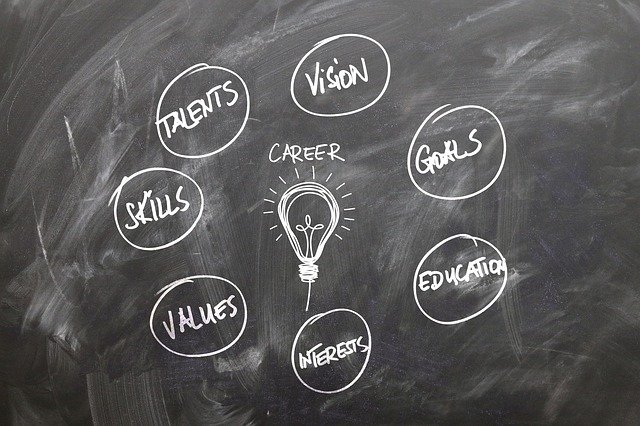3D Puzzles for Kids of All Ages
In this blog post, we’ll explore the fascinating research that shows how these mind-boggling puzzles can do wonders for building confidence and self-esteem in our little ones. But that’s not all! We’ll also dive into the incredible ways these 3D puzzles encourage collaboration and social interaction among children.
So, if you’re looking for a way to keep your kids engaged, entertained, and stimulated, you definitely don’t want to miss out on this one. Prepare to be amazed at the magical world of 3D puzzles and discover how they can unlock your child’s full potential. Get ready to embark on an adventure like no other!
BUILDING CONFIDENCE AND SELF-ESTEEM WITH 3D PUZZLES
Picture this: a child’s face lighting up with excitement as they successfully piece together a complex 3D puzzle. As an expert in child development, I have witnessed countless moments where these fascinating puzzles have become influential tools in building confidence and self-esteem in kids. The art of solving 3D puzzles not only engages their minds but also enhances their problem-solving abilities, spatial awareness, and fine motor skills. In this section, let’s delve into the incredible ways that 3D puzzles can empower your child, boost their self-confidence, and provide an exciting journey of personal growth and achievement.
SENSE OF ACCOMPLISHMENT AND ACHIEVEMENT
As I delve into the world of 3D puzzles, I can’t help but be captivated by the overwhelming evidence that completing these intricate puzzles can have a profound impact on a child’s sense of accomplishment and achievement. It’s truly fascinating to see how something as seemingly simple as piecing together a puzzle can empower and inspire young minds.
Numerous studies have unveiled the transformative effects of conquering a 3D puzzle. The mere act of successfully completing one can send a surge of self-esteem and confidence coursing through a child’s veins. It’s as if they have unlocked a treasure chest bursting with newfound belief in their abilities.
What’s truly remarkable is that this sense of accomplishment isn’t fleeting; it has a lasting impact on how children perceive themselves and their motivation to tackle future challenges. The process of assembling a 3D puzzle demands problem-solving skills, critical thinking, and patience. These qualities, when honed through puzzle-solving, become the bedrock of a child’s sense of achievement.
As each piece fits perfectly into place, children witness the physical manifestation of their efforts. The puzzle becomes a tangible representation of their determination and perseverance. It’s like watching magic unfold before their eyes, piece by piece.
But the benefits don’t simply stop at the puzzle itself. Research suggests that the profound sense of accomplishment derived from completing 3D puzzles spills over into other areas of a child’s life. Suddenly, they find themselves armed with newfound persistence, ready to take on even the most challenging tasks. The satisfaction gained from reaching small milestones during the puzzle-solving journey fosters a hunger for setting goals and pursuing them with unwavering tenacity.



